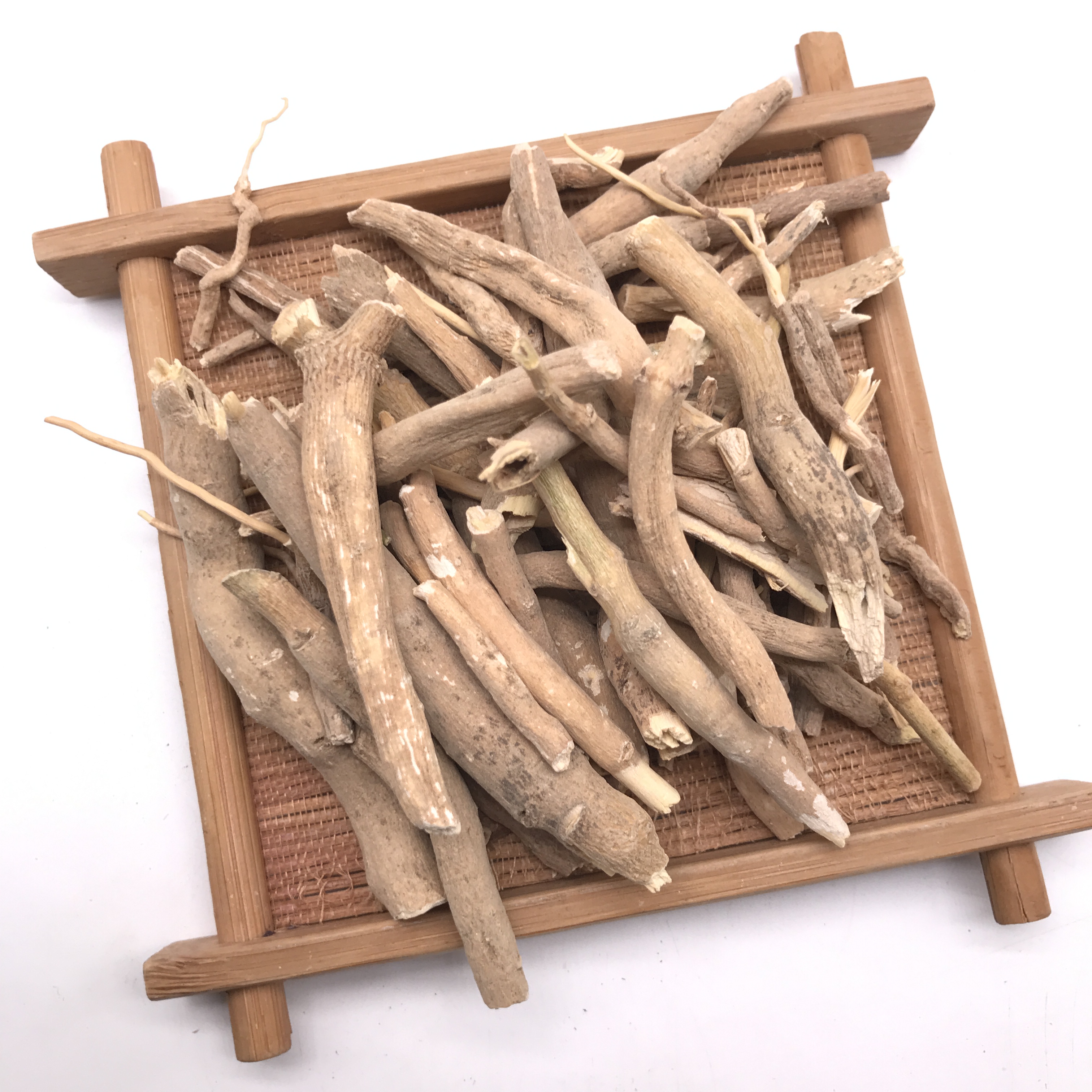
Ashwagandha, known scientifically as Withania somnifera,
is an herb that has been revered in traditional Ayurvedic medicine for centuries. Native to India, North Africa, and the Mediterranean region, this adaptogenic plant has gained popularity worldwide for its potential health benefits and its ability to enhance the body's resistance to stress.
Characteristics:Ashwagandha is a shrub-like plant that can grow up to 1.5 meters in height. It bears small, yellow-green flowers and orange-red fruits. The plant's root, which is dried and ground into a powder or used to make extracts, is the part most commonly used in herbal remedies. Ashwagandha has a unique scent that is often described as slightly musky and earthy.
Medicinal Properties:In Ayurveda, Ashwagandha is classified as a rasayana, a type of herb that promotes vitality and rejuvenation. It is believed to have a balancing effect on all three doshas (body types) in Ayurvedic theory. The herb is thought to improve cognitive function, boost the immune system, and increase energy levels. It is also used to support thyroid function and is sometimes referred to as "Indian ginseng" due to its reputed rejuvenating properties.
Active Compounds:The roots of Ashwagandha contain a variety of active compounds, including withanolides, alkaloids, steroidal lactones, and saponins. Withanolides are particularly important as they are believed to be responsible for many of the herb's therapeutic effects. These compounds have been studied for their anti-inflammatory, antioxidant, and neuroprotective properties.
Applications:Ashwagandha is commonly taken as a supplement in capsule or powder form. It is used to combat the effects of stress, improve athletic performance, and support healthy cortisol levels. In addition to its use as a standalone supplement, Ashwagandha is often combined with other herbs such as Rhodiola rosea and Eleutherococcus senticosus to enhance its adaptogenic properties.
Precautions:While Ashwagandha is generally considered safe, it may interact with certain medications and should be used with caution by individuals with autoimmune disorders or those taking immunosuppressant drugs. Pregnant and breastfeeding women should avoid using Ashwagandha without consulting a healthcare provider. As with any supplement, it is advisable to start with a small dose and monitor for any adverse effects.
Sustainability:The increased demand for Ashwagandha has led to concerns about overharvesting and the sustainability of wild populations. Efforts are being made to cultivate the plant to reduce pressure on natural stands and ensure a sustainable supply chain. Cultivated Ashwagandha also allows for more consistent quality control in herbal products.
Ashwagandha continues to be an important herb in Ayurvedic medicine and is increasingly recognized for its potential health benefits in the Western world. Its adaptogenic properties make it a popular choice for those seeking natural ways to manage stress and improve overall well-being.






